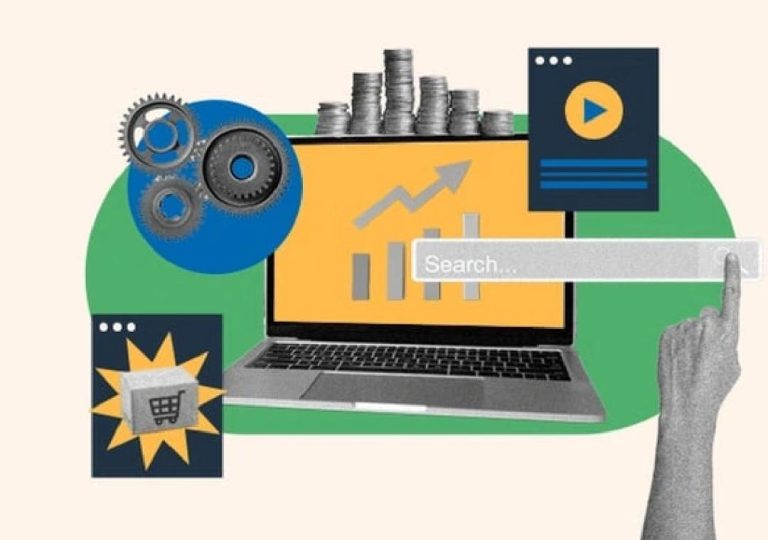
Startups Drive AI, Green Products, and Fintech Disruption
In today’s fast-paced business landscape, innovation is key to success. And it’s the emerging startups that are leading the charge, driving trends like AI automation, eco-friendly products, and fintech disruption. These young companies are leveraging cutting-edge technologies to replace manual labor, promote sustainable alternatives, and make finance more accessible through decentralized models – all while scaling profitably.
AI Automation: The Future of Work
Artificial Intelligence (AI) has been making waves in the business world for years, and startups are at the forefront of this revolution. AI-powered tools are streamlining processes, enhancing customer experiences, and increasing efficiency across various industries. For instance, companies like Automation Anywhere and UiPath are developing robotic process automation (RPA) software that can perform repetitive tasks, freeing up human workers to focus on more strategic and creative endeavors.
Another area where AI is making a significant impact is in customer service. Startups like Conversica and Intercom are creating chatbots that can engage with customers, answer their queries, and even identify potential sales opportunities. This not only improves the customer experience but also reduces the workload for human customer support agents.
Eco-Friendly Products: A Sustainable Future
The environmental movement is gaining momentum, and startups are responding with innovative, eco-friendly products that reduce waste, conserve resources, and promote sustainability. For instance, companies like Patagonia and Reformation are revolutionizing the fashion industry with sustainable materials, design, and production methods.
In the food industry, startups like Impossible Foods and Quorn are offering plant-based alternatives to traditional meat products, reducing the environmental impact of animal agriculture. Similarly, companies like Loop and Package Free are pioneering a circular economy by designing reusable packaging solutions that eliminate single-use plastics.
Fintech Disruption: Democratizing Finance
The financial sector is also experiencing a seismic shift, thanks to fintech startups that are disrupting traditional banking and payment systems. Companies like Stripe and Square are providing online payment solutions that simplify transactions, reduce costs, and increase accessibility.
Blockchain technology is also playing a significant role in fintech, enabling secure, decentralized, and transparent transactions. Startups like Ripple and Stellar are developing blockchain-based payment systems that can facilitate cross-border transactions, reducing transaction fees and increasing speed.
Decentralized Finance: A New Era of Accessibility
Decentralized finance (DeFi) is another area where fintech startups are making a significant impact. DeFi platforms, such as Compound and dYdX, are enabling individuals to lend and borrow cryptocurrencies, create decentralized exchanges, and even issue their own digital assets.
This democratization of finance is opening up new opportunities for individuals and businesses, particularly in developing countries where traditional financial services may be limited or inaccessible. DeFi is also reducing the need for intermediaries, reducing transaction costs, and increasing transparency and security.
Scaling Profitably: The Key to Success
While innovation is key to success, scaling profitably is essential for startups to remain competitive in the market. Startups that can efficiently manage their growth, optimize their operations, and maintain a strong cash flow are more likely to succeed.
To achieve this, startups can leverage technologies like cloud computing, data analytics, and automation to streamline their processes. They can also focus on building strong teams, fostering a positive company culture, and developing strategic partnerships to drive growth and expansion.
Conclusion
Emerging startups are driving trends like AI automation, eco-friendly products, and fintech disruption, and it’s clear that they’re here to stay. These young companies are leveraging cutting-edge technologies to replace manual labor, promote sustainable alternatives, and make finance more accessible through decentralized models – all while scaling profitably.
As the business landscape continues to evolve, it’s essential for entrepreneurs, investors, and policymakers to support and encourage these startups. By doing so, we can create a more innovative, sustainable, and accessible economy that benefits everyone.
Source:






